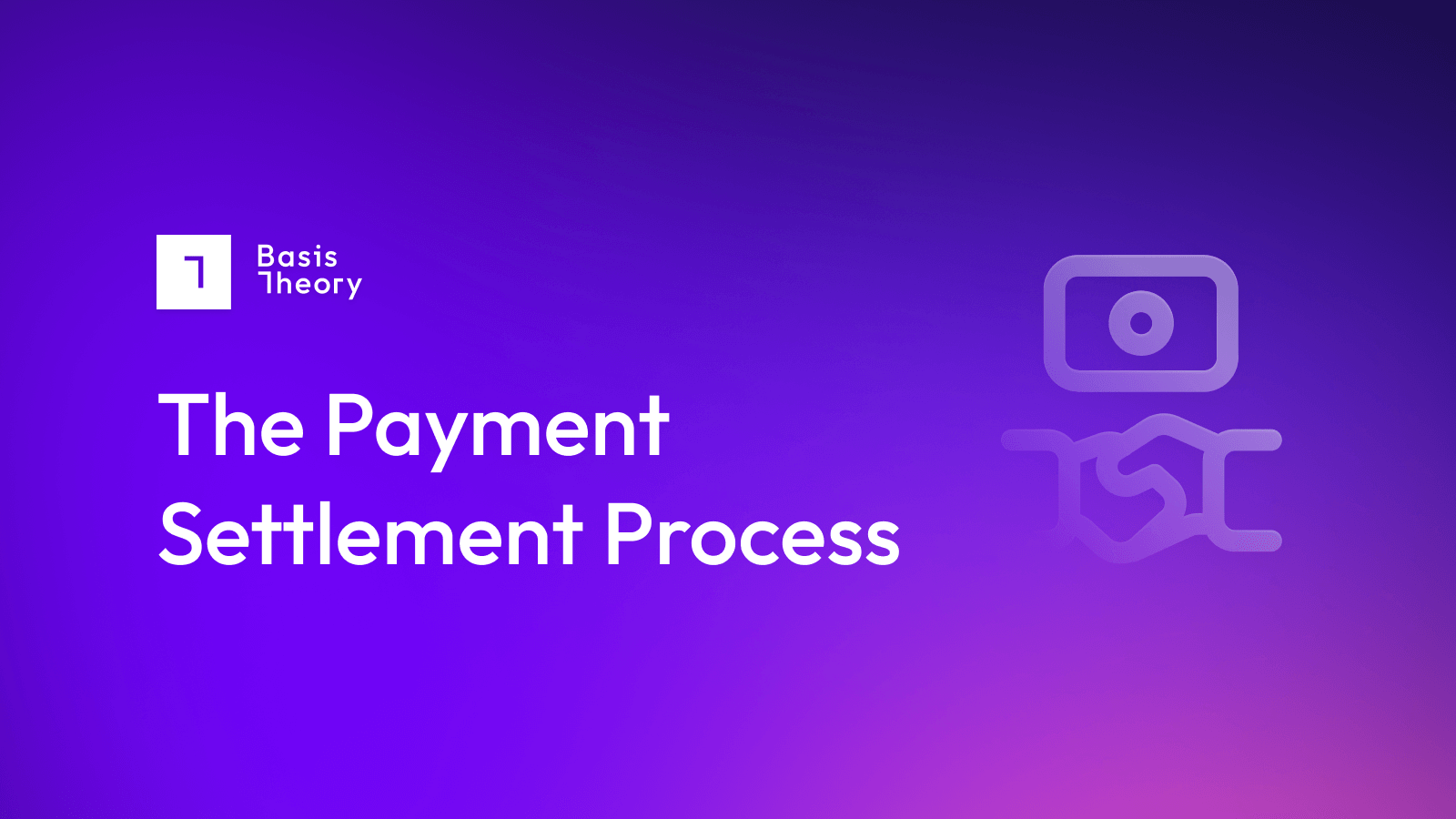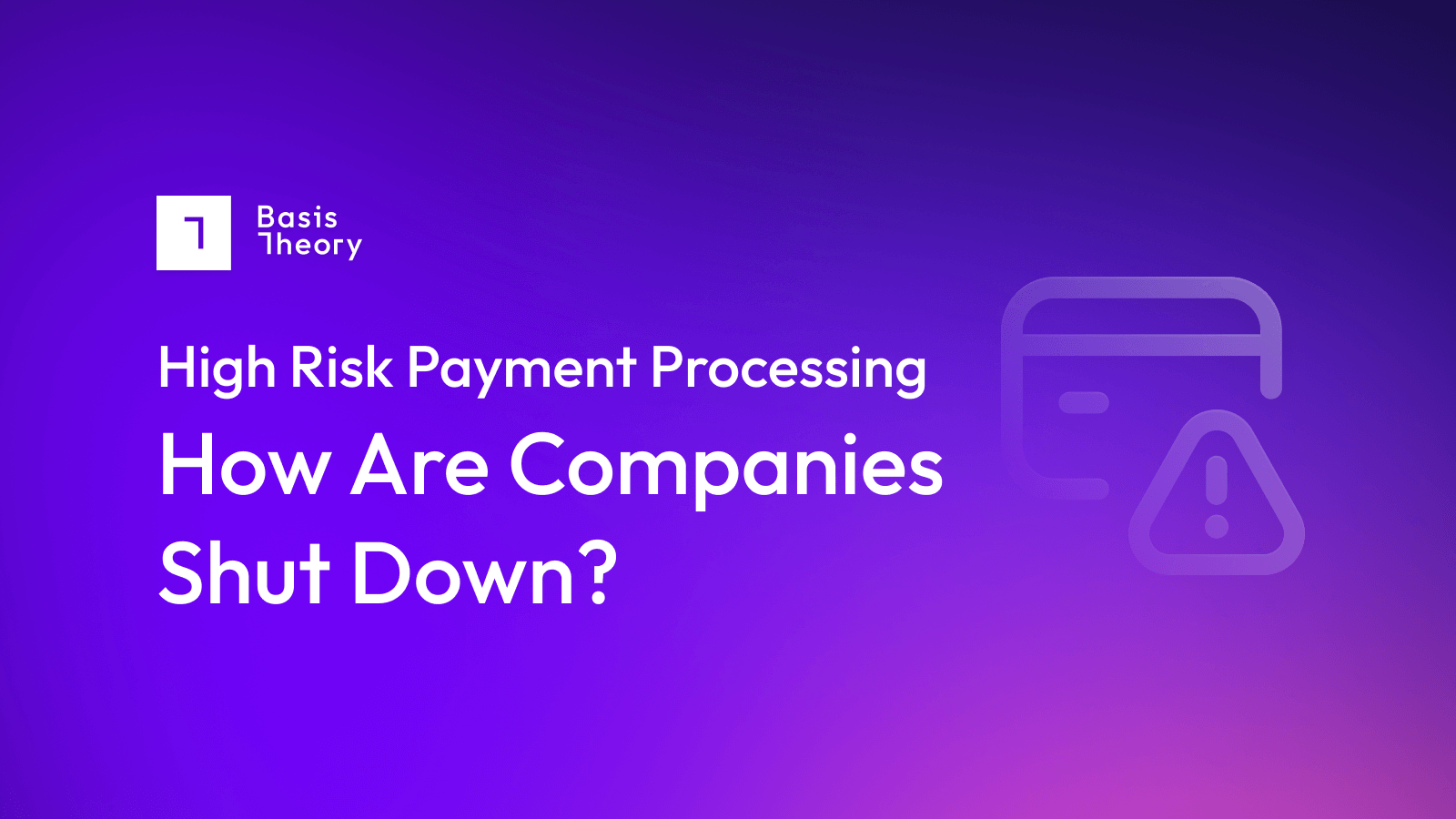The Payment Settlement Process

What many people miss about the payment process is that there are actually a series of steps - it’s not a one-stop shop! Merchants generally will run some amount of security checks on proffered cards to ensure they are not obviously fraudulent; they then pass this to their processing partners, who go and seek authorization from (after passing through a few hands) the customer’s, or acquiring bank. Assuming authorization is provided, the merchant now knows that they can charge the customer, and indeed they may even place a hold on a certain amount of that account’s credit. The settlement process actually happens when the merchant brings the authorization to the acquiring bank and claims the payment, which the acquiring bank will route to the merchant bank. Until the settlement process occurs, the merchant receives no money.
The Gap Between Payment Authorization and Settlement
Merchants often need to assure themselves that customers are going to be able to pay for things before a final transaction takes place. Obvious examples include:
- Hotels: often reserve an amount of funds from guests’ credit cards in anticipation of room charges, then use the original authorization to make the final payment at checkout
- Restaurants: sometimes require credit card authorization when taking reservations in order to charge no-show fees
- Online stores: online merchants generally cannot settle credit card charges until the purchased item is shipped, at which point settlement is appropriate
- Service providers: may require an initial authorization, but much like online stores, need to complete providing their services before they can actually collect payment
Essentially, the authorization process is like a step in which the seller is assured that the buyer will be able to cover the cost of whatever they’re seeking to buy - regardless of whether the purchase actually ends up happening.
Are All Authorized Payments Settled?
Part of the reason for splitting up the authorization and settlement processes is that not all authorized purchases end up being settled - and many end up being settled for less than originally requested. For instance
- A car rental may run shorter than anticipated, resulting in the company charging the renter less than initially expected
- An online shopper might cancel their order prior to shipment, in which case the merchant will simply not settle the initial authorization
- A hotel guest may incur no fees other than their agreed-upon overnight charges (congratulations on avoiding that mini-bar!), resulting in a smaller settlement bill than was originally authorized
Payment authorizations have varied expiration periods, largely depending on the MCC code used by the authorizing merchant. These periods generally, however, run between 24 hours and 7 days - after which the authorization will expire and the merchant will need to reinitiate the process.
When Settlement Actually Occurs
For merchants using full-service PSPs, the reality is that the settlement process is largely opaque: they will tend to receive their funds from processed transactions on a pre-agreed schedule, net of any and all fees (these periodic payouts are also the occasions when the PSP can levy other fees, such as refund, chargeback, and cross-border fees).
For merchants working with less centralized payment systems (for instance automated systems that optimize for acceptance and fees by using a third party tokenization provider to manage multiple PSPs), there are effectively two ways to process settlements, impacting both the complexity of book keeping and the speed at which payments are received:
- Gross settlement happens on an immediate, as-transactions-occur basis. This is particularly popular in the brick-and-mortar environment, as customers tend to buy items and walk out the door with them, creating an incentive for the merchant to acquire funds as quickly as possible. However, receiving the funds net of fees requires subsequent accounting work to identify, pay, and account for subsequent outgoings to fee-charging payment partners.
- Net settlement happens on a regular but less immediate basis, with a period’s worth of transactions batched and sent for general settlement. While this means a longer wait for funds, the settlement generally arrives net of any fees, reducing the downstream accounting burden on the merchant.
Why a Payment Settlement Strategy is Crucial
Understanding when and how settlement will take place, and whether it will be completed gross or net, is fundamental to controlling the flow of funds into a business. Two important considerations are
- Cash-flow: businesses that are reliant upon capital investment (sellers of physical goods, for instance) need cash to move rapidly so that the results of one transaction can quickly be deployed to invest in the next.
- Accounting complexity: is it better for an organization to get control of cash pre-fees and manage the process of calculating, paying, and accounting for those charges later - or is it better to simply receive net proceeds?
In either situation, organizations that automate their payment systems so that they have the flexibility to work with a range of PSP partners are in a stronger position: they can arrange appropriate settlement schedules with each partner, rather than being reliant upon the fixed processes of a full-service PSP. And while using multiple PSPs rather than a full-service provider may have PCI-DSS compliance implications, working with a tokenization partner can help to avoid bringing too much of the payment system in scope.
.png?width=365&height=122&name=BTLogo%20(1).png)



